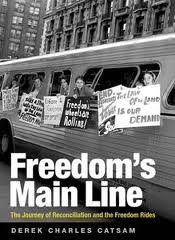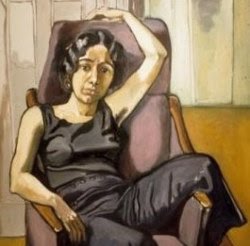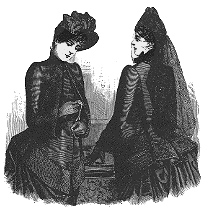The Sallie Bingham Center for Women’s History and Culture is pleased to announce the recipients of this year’s Mary Lily Research Grants. These grants support the work of students, scholars, and independent researchers who will travel to Durham from all over the U.S. to make use of the Bingham Center’s rich collections. We would like to gratefully acknowledge our faculty reader, Kimberly Lamm, Assistant Professor of Women’s Studies, who offered her insights and expertise as the committee reviewed a competitive pool of 40 proposals.
This year’s grant program received additional support from the Program in Women’s Studies. Every year, the Program in Women’s Studies explores ideas and concepts from a variety of disciplines that touch on women, gender, and feminism. The theme for 2011-12 is “The Future of the Feminist 1970s.” Many of our grant recipients this year are focusing on related research questions, and we anticipate that they will help enrich the conversations on campus that will evolve in the classroom and beyond about how the multiple feminist paradigms of the 1970s continue to have an impact on feminist thought.
- Marika Cifor, master’s student, History and Library and Information Science, Simmons College, for master’s thesis research that examines historical relationships of lesbians and prostitutes in the United States, 1869-1969.
- Jessica Frazier, PhD candidate, History, Binghamton University, for dissertation research on Vietnamese militiawomen and the interconnections of empire, race and gender in the feminist movement, 1965-1980.
- Choonib Lee, PhD candidate, History, State University of New York at Stony Brook, for dissertation research on militant women in the new left and civil rights movements in the late 1960s and early 1970s.
- La Shonda Mims, PhD candidate, History, Georgia State University, for dissertation research on lesbian community and identity in the cities of Charlotte, NC and Atlanta, GA from WWII to the present.
- Jennifer Nelson, Associate Professor, Women’s and Gender Studies, University of Redland, for a book on community health reform movements from the mid-1960s to the present.
- Ally Nevarez, master’s student, Book Arts and Library and Information Science, University of Alabama, for an artist’s book that highlights the important role that women have in contributing to community and preserving culture.
- Rose Norman, Professor Emeritus of English, University of Alabama at Huntsville, for research on lesbian feminist activism in the South, 1965-1985.
- Robin Robinson, Associate Professor, History, University of Massachusetts at Dartmouth, for a book and article on transportation and transformation of female convicts as unfree labor in Colonial America.
- Emily Thuma, PhD candidate, American Studies, New York University, for dissertation research on prisons and the politics of resisting gendered violence, 1968-1984.
- Elizabeth York, Associate Professor, Music Therapy, Converse College, for research on Atlanta women’s music and culture, 1976-1986.
Post contributed by Kelly Wooten, Research Services and Collection Development Librarian for the Sallie Bingham Center for Women’s History and Culture.










